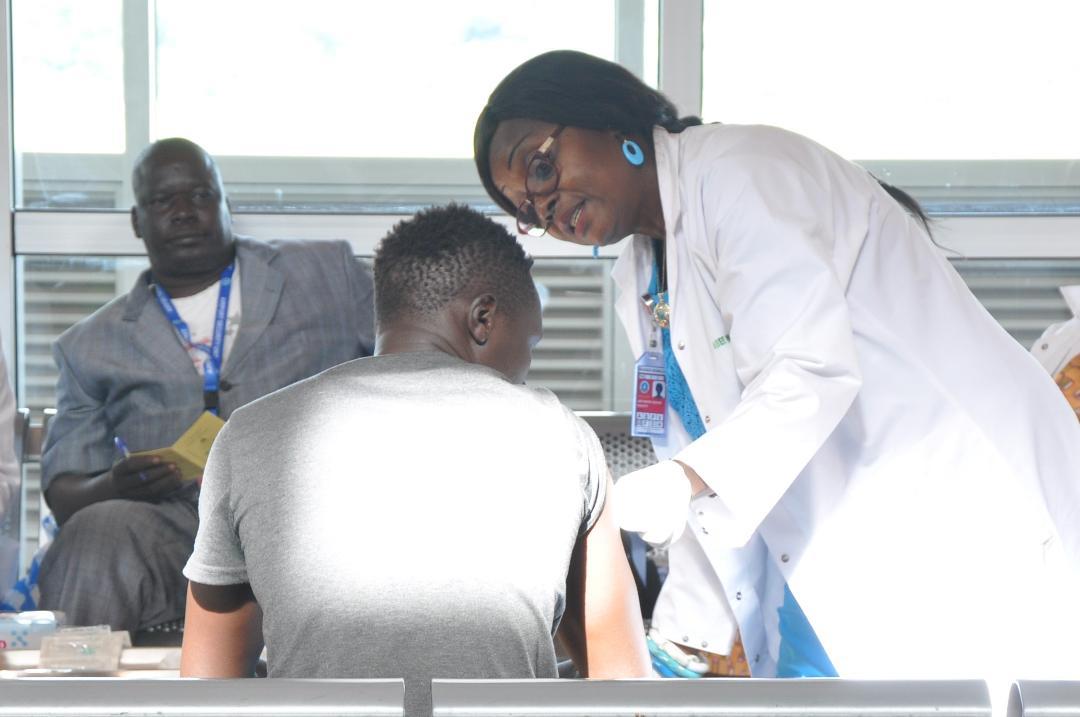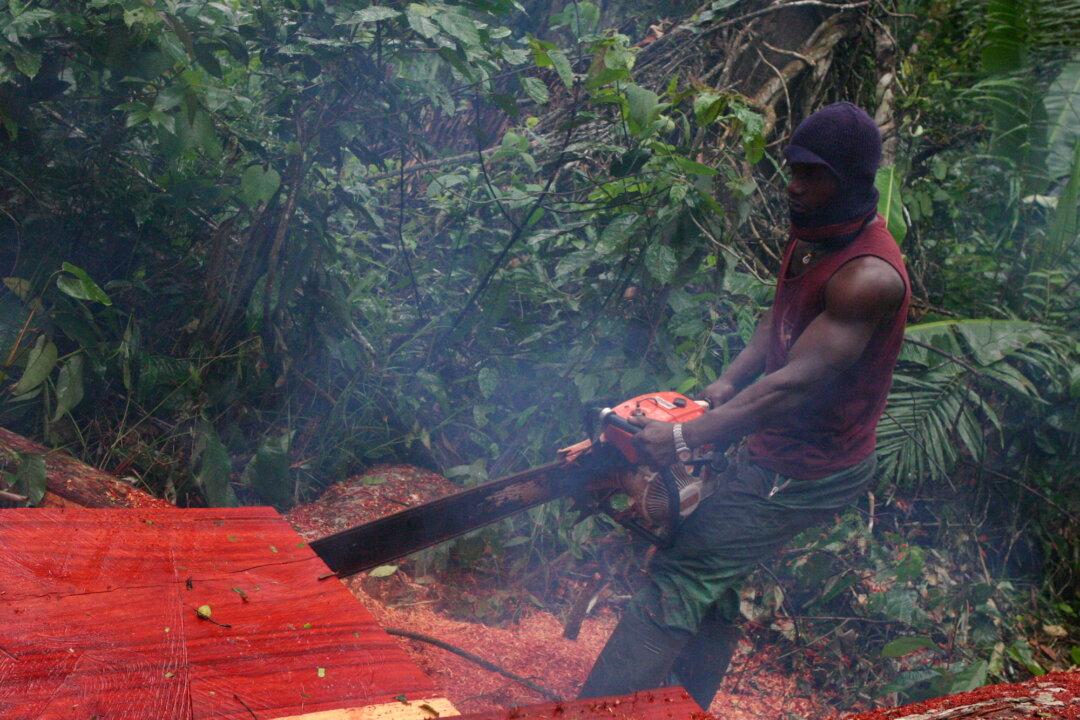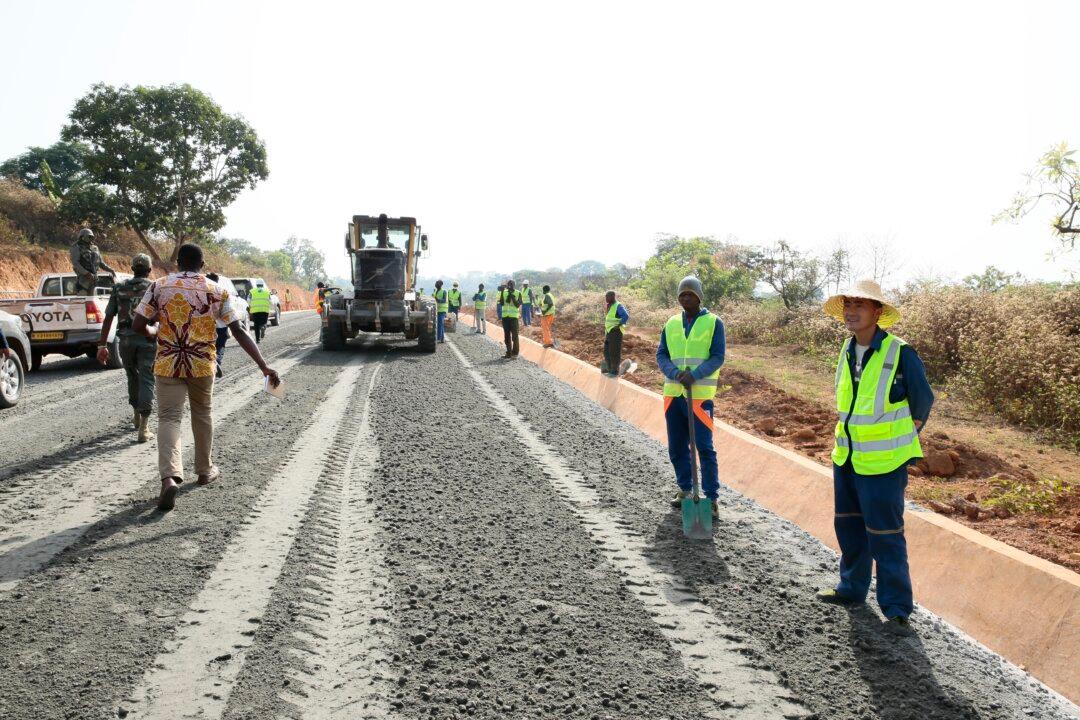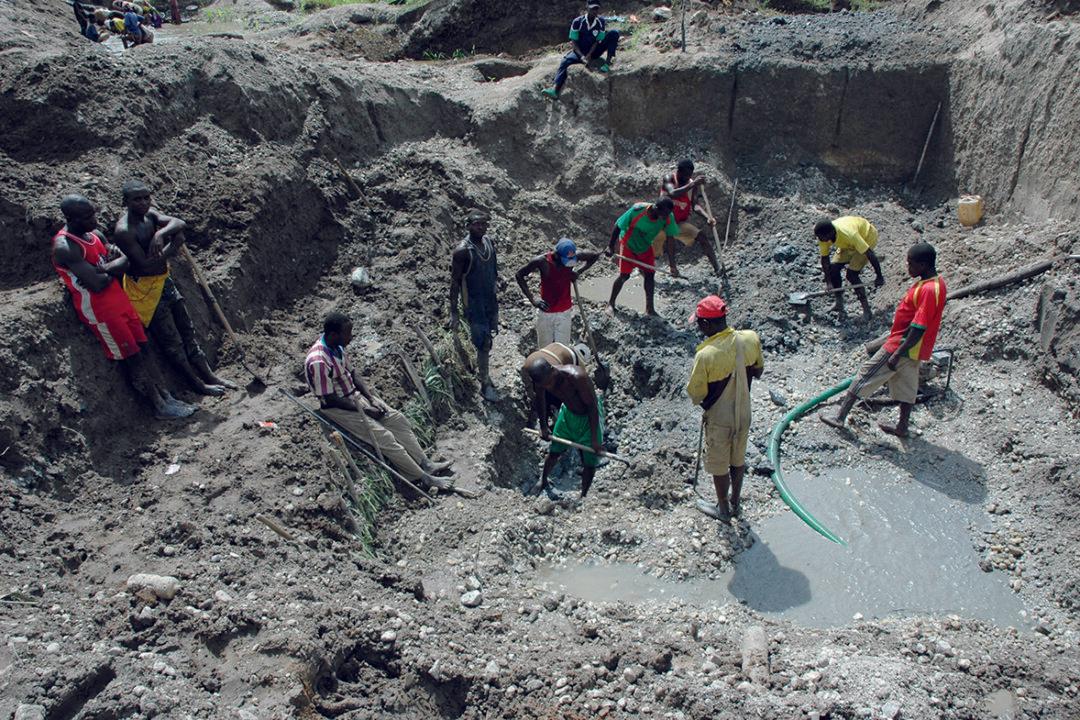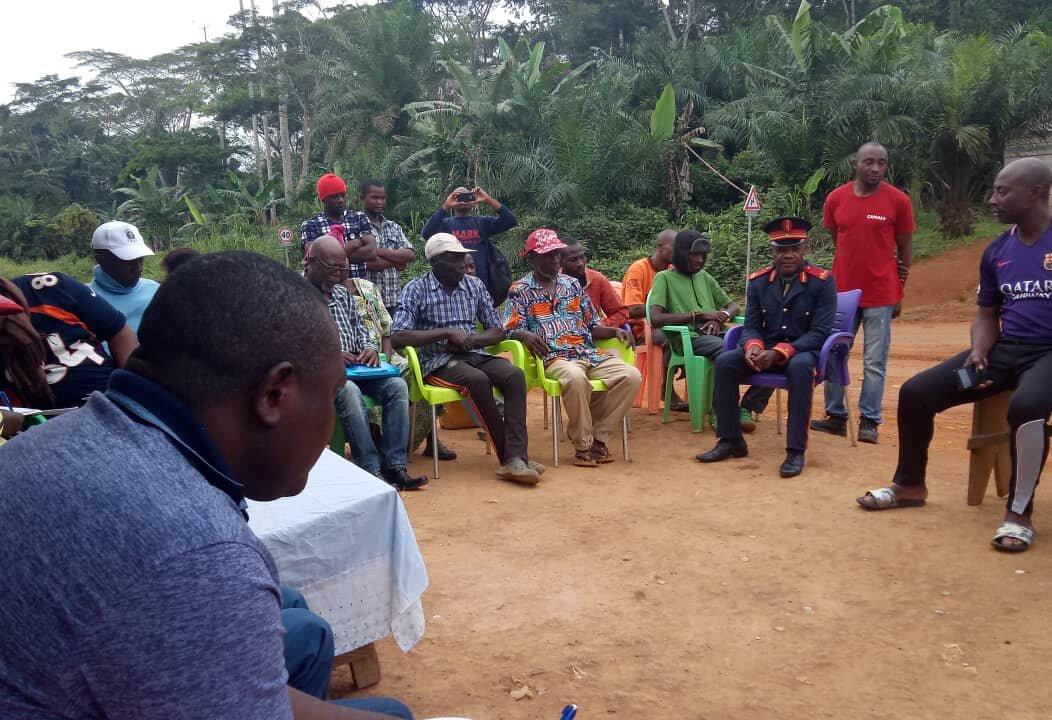YAOUNDE, Cameroon—Still recovering from gunshot wounds on his left index finger and left leg, Jean Toukam sits in a semi-recumbent position in his small bungalow in Cameroon’s capital, Yaounde.
Toukam’s many costly endeavors to cross the Mediterranean Sea to Europe, which he had hoped would positively change his life, proved futile. But the young agriculture and livestock technician is quick to thank God for bringing him back home in one piece.
